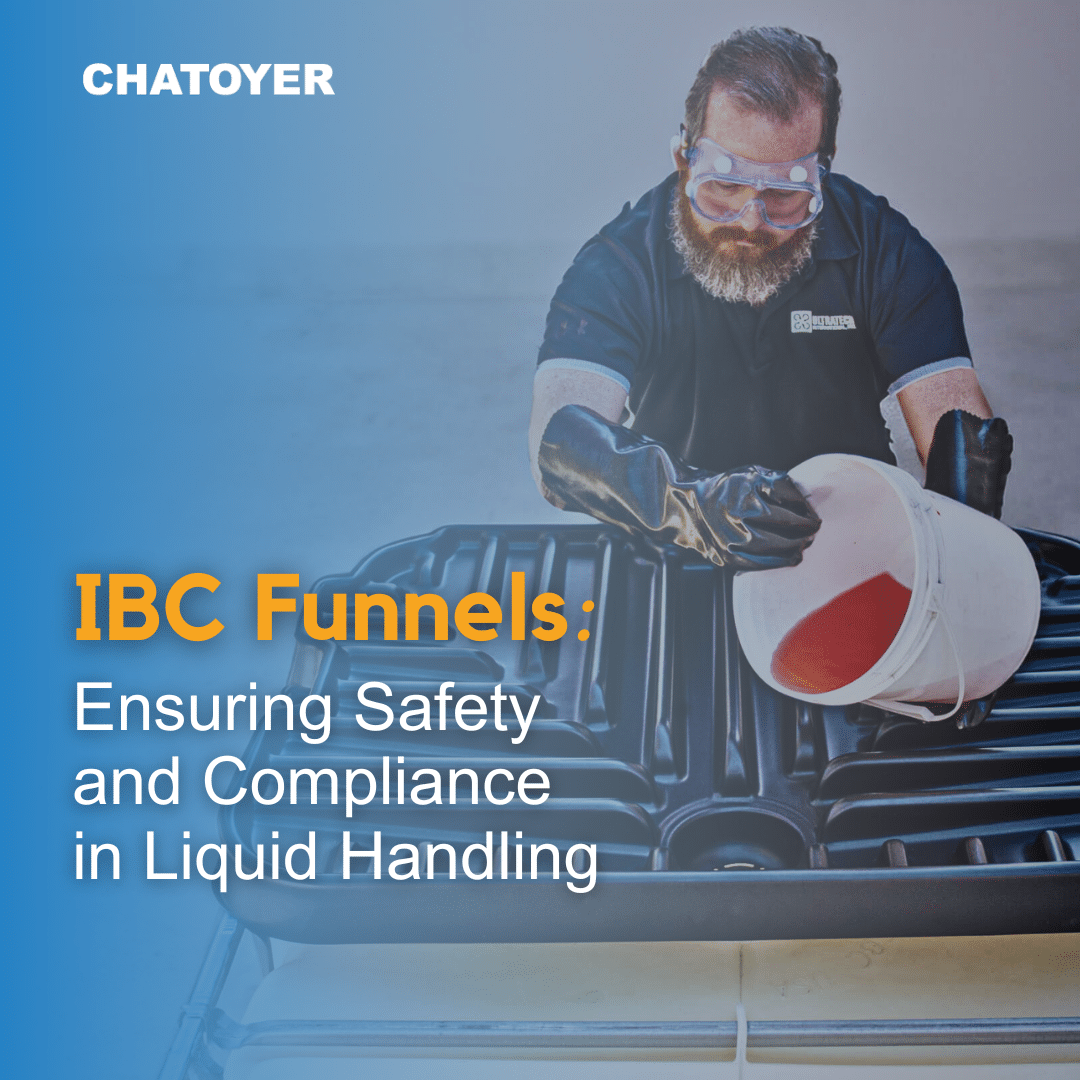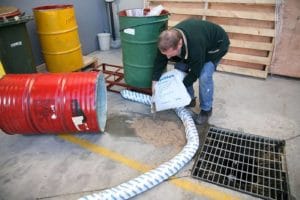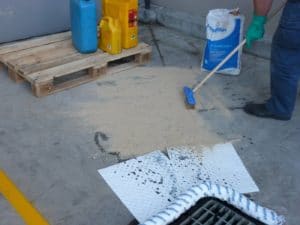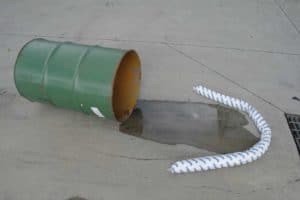In industries where hazardous liquids are handled, safety and compliance are paramount. Intermediate Bulk Containers (IBCs) are widely used for storing and transporting liquids, and the use of IBC funnels plays a crucial role in ensuring safe and efficient liquid handling.
The Role of IBC Funnels
IBC funnels are designed to facilitate the safe transfer of liquids into IBCs, minimising the risk of spills and exposure to hazardous substances. These funnels are typically made from durable materials that can withstand the chemical properties of the liquids being handled. They often feature splash guards, lids, and other safety mechanisms to prevent accidental spills and ensure precise pouring.
Key Benefits of IBC Funnels
- Spill Prevention: IBC funnels are essential in preventing spills during the transfer of liquids. Their design ensures that liquids are directed into the container without splashing or overflowing, reducing the risk of environmental contamination and workplace hazards.
- Compliance with Regulations: Using IBC funnels helps businesses comply with safety standards such as AS 1940:2017, which outlines the requirements for the safe storage and handling of flammable and combustible liquids. This standard emphasises the importance of proper equipment and procedures to prevent accidents and ensure safety.
- Enhanced Safety: By providing a controlled and secure method for transferring liquids, IBC funnels protect workers from exposure to hazardous substances. This is particularly important in industries dealing with flammable or toxic chemicals, where even minor spills can have serious consequences.
- Operational Efficiency: IBC funnels streamline the process of filling containers, making it quicker and more efficient. This not only saves time but also reduces the likelihood of errors that could lead to spills or contamination.
Importance of Compliance with AS 1940:2017
AS 1940:2017 sets out comprehensive guidelines for the storage and handling of flammable and combustible liquids in Australia. Compliance with this standard is crucial for several reasons:
Safety: The standard aims to protect people, property, and the environment from the risks associated with flammable and combustible liquids. By following its guidelines, businesses can significantly reduce the likelihood of accidents and incidents.
Legal Requirements: Adhering to AS 1940:2017 is a legal requirement for businesses handling hazardous liquids. Non-compliance can result in hefty fines and legal action, as well as damage to a company’s reputation.
Best Practices: The standard incorporates best practices for the safe handling and storage of hazardous liquids. By complying with AS 1940:2017, businesses ensure they are using the most effective and up-to-date methods for managing these substances.
Fines for Non-Compliance: Failure to comply with AS 1940:2017 can result in significant penalties:
Corporations: For serious breaches, corporations can face fines up to $3.2 million. In cases of continuing offenses, fines can reach $60,000 per day.
Individuals: Individuals can be fined up to $125,000 for serious offenses, with additional penalties of $30,000 per day for ongoing violations.
Environmental Impact: Beyond financial penalties, non-compliance can lead to costly environmental cleanup efforts and long-term damage to a company’s reputation.
IBC funnels are a vital component in the safe and compliant handling of hazardous liquids. Their use not only enhances safety and operational efficiency but also ensures compliance with important standards like AS 1940:2017. As industries continue to prioritize safety and environmental responsibility, the role of IBC funnels in liquid handling will remain indispensable.
See also
Spill Containment on Land







